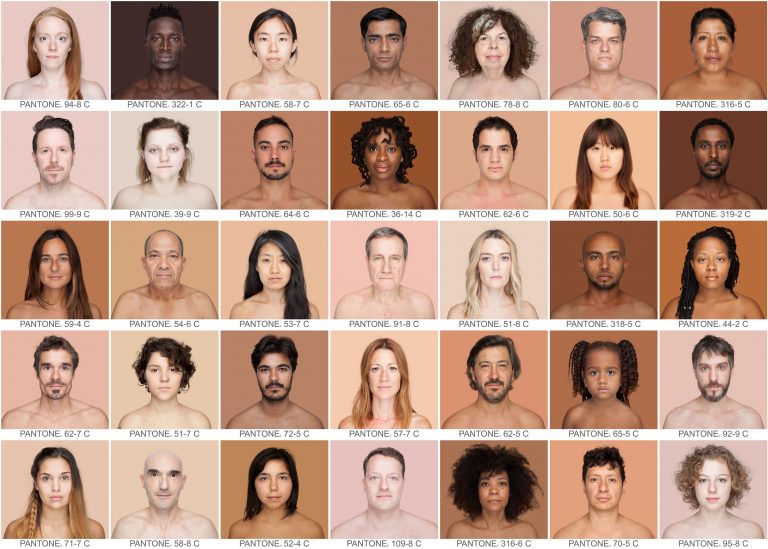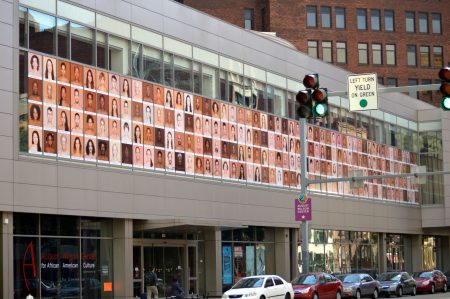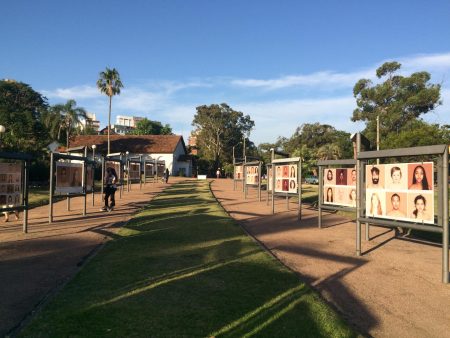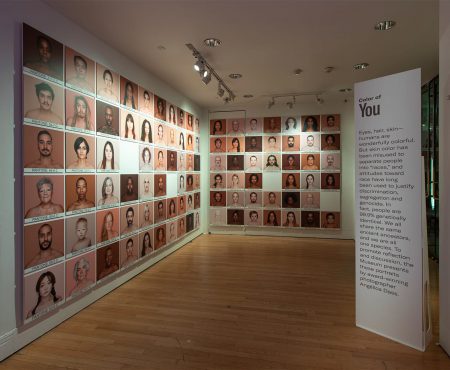Humanae is a photographic work in progress by artist Angélica Dass. Currently composed of almost 4,000 portraits from volunteers all around the globe, Humanæ pursues to document humanity’s true colors and bring up a critical reflection on the white, red, black and yellow false labels associated with race. The project does not select participants and there is no date set for its completion. It is a journey of open-ended possibilities that enriches the way we see ourselves, beyond faces and colors. Nowadays, the artist has been doing portraits in 36 different cities and 20 different countries.

Based on Virginia Wolf’s phrase, “on many historic occasions, anonymous was a woman”, we review the Alcobendas Photography Collection, seeking the valuable contribution that Spanish women photographers have made to our holdings and taking advantage of the opportunity to offer the public those photographs that, although unknown, have a very special appeal.
The role of museum organisations and institutions in highlighting the works of women artists, which until recently have been neglected and therefore devalued, is important. For a long time, women have been remembered for being wives, daughters or sisters, in a word, assistants to a male artist who signed and then owned and collected the rights to the works. The few who broke out of this pattern and succeeded were later forgotten by history. It was from the late 1970s onwards that the names of these women painters, writers, composers and photographers began to be vindicated and, although there were many valuable women in the workshops of the Renaissance, in the medieval monasteries, in the Baroque or among the bohemians of Paris, their names faded with time.
As the brave Emilia Pardo Bazán said, “let merit be given what belongs to merit alone and not to sex”. The women, the photographers, present in the Alcobendas Photography Collection are women of merit. Fortunately, there are fewer and fewer such events as that of Robert Capa and his famous photograph Death of a militiaman, which for years was attributed to Endre Ermo Friedmann and is now in doubt as to whether the authorship actually belongs to his colleague and photographer Gerda Taro. Nowadays, women photographers who work alone or are members of a collective are recognised and valued.
Marta Sentís


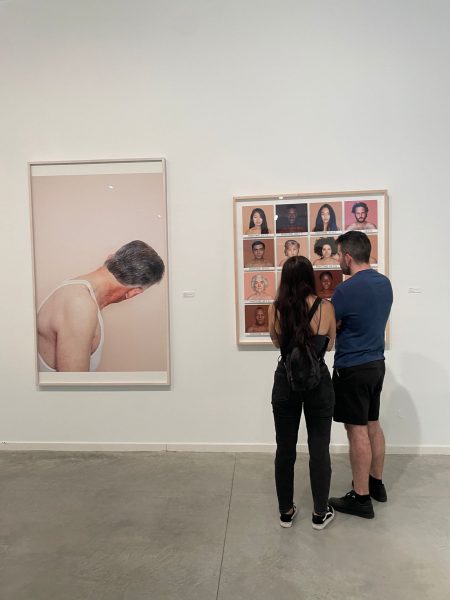

About Humanae
More Exhibitions
September 25, 2015 - August 25, 2016. Pittsburgh, US
Humanae / I AM AUGUST – August Wilson Center
December 12, 2020 - March 22, 2021. Montevideo, UY
Centro de Fotografía de Montevideo
March 09, 2020 - December 05, 2021. New York, US
